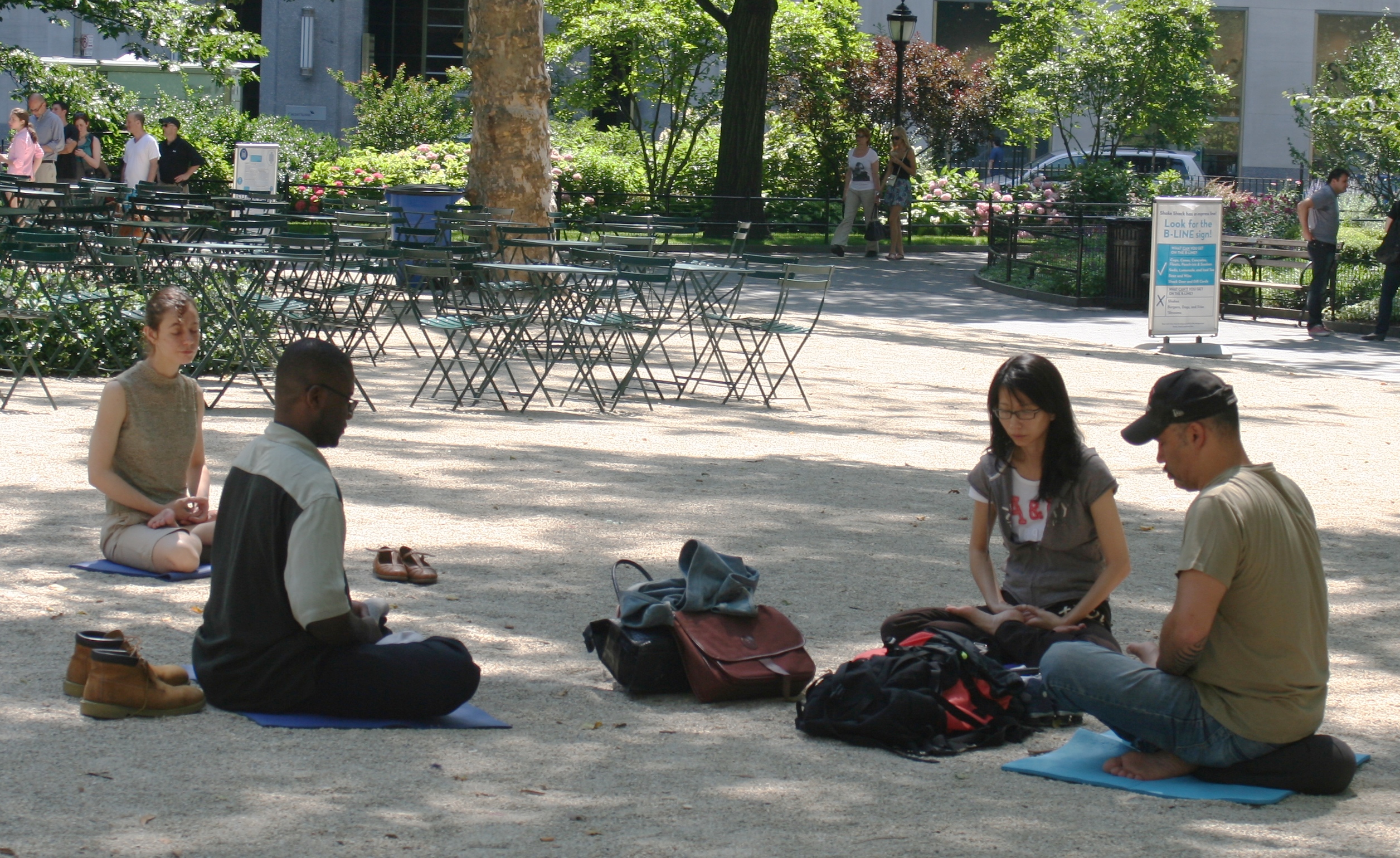Limiting beliefs can seriously hold us back in life. But most of the time such beliefs are invisible to us. They control some of our thoughts and behaviours behind the scenes, enough to curtail our results in some area of life.
For example, if you have the false belief that mistakes and failure are bad, then you’ll avoid many growth and learning experiences because you have to be willing to fail in order to build new skills.
As another example, if you have the belief that rejection is a bad thing, you’ll avoid approaching new people, and you’ll miss out on many wonderful social connections.
Where do these beliefs come from?
Many limiting beliefs get installed during childhood, but that isn’t always the case. The pattern is that your mind drew false generalization based on one or more specific events. It assigned questionable meanings to those events, and those interpretations are disempowering you. As a result your mind blocks you from taking certain actions, even though the actions may be reasonable and intelligent choices.
In order to remove a limiting belief, it isn’t enough to identify and acknowledge it. You may be aware of some of your limiting beliefs, but awareness of them isn’t necessarily enough to keep them from operating in your life. You may be aware that rejection isn’t such a terrible thing, but your subconscious is still conditioned to avoid it. Awareness is an important part of the solution, but it isn’t the whole solution.
Removing Limiting Beliefs
In July when I was in Bermuda for the Transformational Leadership Council retreat, I found myself sitting next to Morty Lefkoe at dinner one night, and I asked him about his work.
Morty claimed to have developed a method for permanently uninstalling limiting beliefs. And the best part was that his method only took about 20 minutes to apply, and you only had to do it once. Not once per day or once per week. Just once.
I was intrigued, so Morty and I talked for more than an hour. I was particularly interested in what he had to say because I frequently encounter people who struggle with limiting beliefs, especially when it comes to money and finding a fulfilling career. But I couldn’t recommend Morty’s method just on his word alone.
Fortunately, Morty offered to personally show me how the method worked, so later during the retreat, we sat down together in the hotel lobby, and he ran me through the process.
First, he asked me some questions to help me identify a particular limiting belief I had. I began by telling him that I was experiencing some blocks related to hiring people. We soon identified several different intertwined beliefs that were holding me back from hiring a staff. It was obvious that I needed to hire help, but I was still holding back.
Morty took me through a fairly straightforward cognitive process that allowed my mind to eliminate false beliefs that I’d been carrying around for years. After the retreat we did a couple more sessions by phone in order to eliminate some additional beliefs that were holding me back from hiring people.
My biggest limiting belief was, “If I hire other people, they won’t care about the work as much as I do.” I believed that it would be discouraging and draining to manage people who were mainly there for the paycheck. So naturally I didn’t hire anyone. Who’d want to work with people who don’t care?
After using Morty’s process, I felt a bit different, but I wasn’t quite sure if the old beliefs were really gone. I felt like something in my mind had shifted, but I wasn’t clear about the extent of that shift. It felt like the block had been removed, but would I act on it?
Fast forward some weeks later. Erin and I hired four people to help us with the workshop: a video guy, a sound guy, and two helpers who staffed the product table and served as mike runners. We could have kept it small, but we decided to make it bigger and recruit help.
The interesting thing wasn’t that we hired people. It was that we hired people who really cared about the work we were doing. People did more than was expected of them.
For example, Vicki went out of her way to help people process some of their emotional releasing during the breaks. We didn’t ask her to do that. She just saw that she could help, and she did it. She also gave me many suggestions for improving the workshop, some of which I incorporated on the fly during Days 2 and 3.
This was a big shift for me, and it opened a lot of new doors. I told Morty about this and thanked him for helping me get past this block. And I really do feel that the block is permanently gone. Hiring help was a lot easier than I expected.
The nice thing about Morty’s method is that it works for a wide variety of different beliefs, and he has a long history of success with it. He’s used it with more than 38,000 people.
I’m very grateful that I met Morty.
 http://www.stevepavlina.com/blog/2009/10/remove-a-limiting-belief-in-about-20-minutes/
http://www.stevepavlina.com/blog/2009/10/remove-a-limiting-belief-in-about-20-minutes/
















